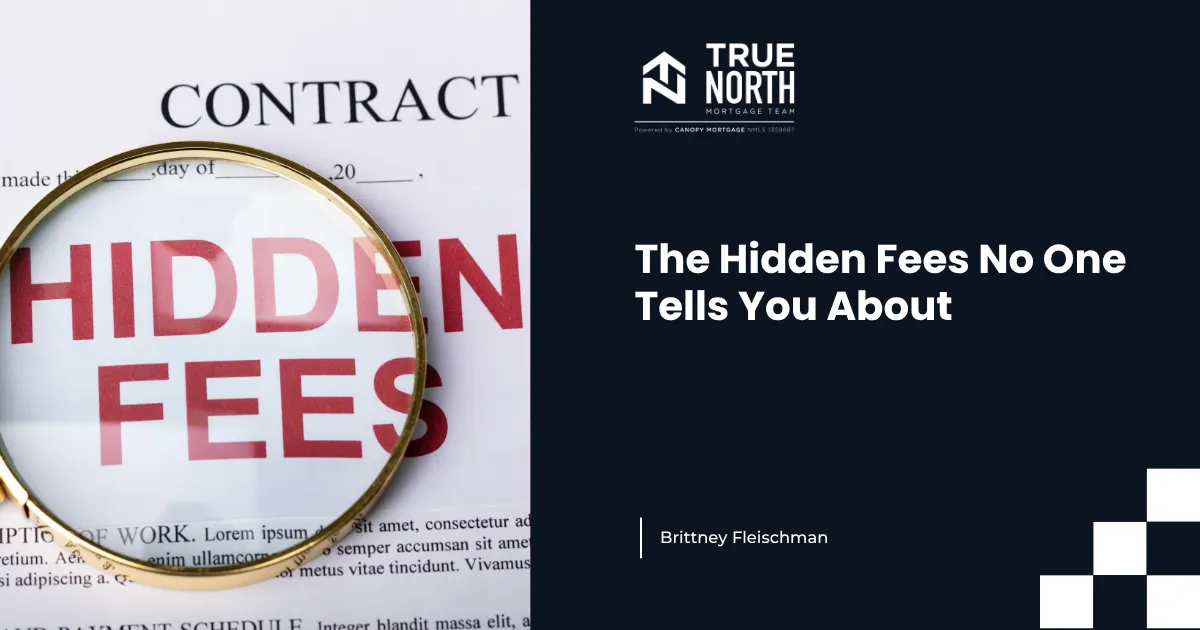

Beyond the Interest Rate: The Other Costs of Getting a Mortgage
The True Cost of Homeownership Starts With Your Mortgage
When most people shop for a mortgage, their focus is locked in on one thing: the interest rate. And while the rate is undeniably important—it affects your monthly payment and the total cost of your loan—it’s only part of the story. Many homebuyers overlook significant expenses like origination fees, high discount points, and one lenders estimate of taxes and insurance vs anothers (hint: lenders don't set taxes OR insurance so it's another way quotes can vary without ACTUALLY saving you a dime). Knowing these can save you from unexpected financial stress.
Let’s break down the key non-rate expenses every buyer should be prepared for when financing a home.
Origination and Application Fees
Mortgage lenders typically charge an origination fee to cover the cost of processing your loan. This fee is often between 0.5% and 1% of the total loan amount. For a $350,000 mortgage, that could mean $1,750 to $3,500 out of pocket. Some lenders may also charge a separate application fee, which is usually non-refundable and covers administrative costs.
While some of these fees are negotiable, they’re rarely waived entirely. Comparing loan estimates from multiple lenders can help you spot differences in these costs.
Appraisal and Inspection Costs
Before approving your loan, your lender will likely require a home appraisal to confirm the property’s value. This is to ensure the home is worth at least what you’re borrowing. Appraisals typically cost between $300 and $700, depending on your location and the property type.
In addition to the appraisal, most buyers also pay for a home inspection to uncover potential issues like roof damage, plumbing leaks, or foundation concerns. Inspections are not required by lenders but are highly recommended—and they usually cost between $300 and $600.
Title Fees and Closing Costs
Title services involve verifying the legal ownership of the home and ensuring there are no outstanding liens or claims against it. These services can include a title search, title insurance, and settlement fees. Combined, they may cost anywhere from $1,000 to $2,500 or more.
Closing costs overall typically range from 2% to 5% of the home’s purchase price. On a $400,000 home, that’s $8,000 to $20,000 in closing costs alone. These may include attorney fees, recording fees, and prepaid property taxes or homeowners insurance.
Private Mortgage Insurance (PMI)
If your down payment is less than 20% of the home’s price, you’ll likely have to pay private mortgage insurance (PMI). This protects the lender—not you—in case you default on the loan. PMI typically costs 0.5% to 1% of the loan amount annually. For a $300,000 loan, that’s $1,500 to $3,000 per year added to your mortgage payments.
Some loans allow PMI to be removed once you reach 20% equity, but it’s an ongoing cost to factor into your budget for the first few years of homeownership.
Rate Buydowns and Points
In a higher interest rate environment, some buyers opt to “buy down” their rate by paying points—fees paid directly to the lender at closing in exchange for a lower interest rate. One point typically costs 1% of your loan amount and might lower your rate by 0.25%.
Whether or not buying points makes sense depends on how long you plan to stay in the home. The upfront cost can pay off over time, but only if you remain in the mortgage long enough to recoup the savings.
The Bottom Line
Securing a mortgage involves more than just getting the lowest rate. From origination fees to PMI, closing costs to appraisals, the total price of financing your home can add up quickly. Being aware of these costs and budgeting for them in advance is key to avoiding surprises on closing day.
As always, working with a loan professional can help you break down these expenses and decide which options fit your financial goals. Understanding the full picture puts you in a better position to make a confident, informed homebuying decision.
Sources
Forbes – https://www.forbes.com
Investopedia – https://www.investopedia.com
CBS News – https://www.cbsnews.com

Quick Links
Programs
Blog
About Us
Social Media Links
YouTube
Contact Us
(903) 638-3656
Brittney Fleischman NMLS #1435464
1901 Rickety Lane, Tyler TX 75703
Branch NMLS# 2294442
Licensed in TX, KS, MO
